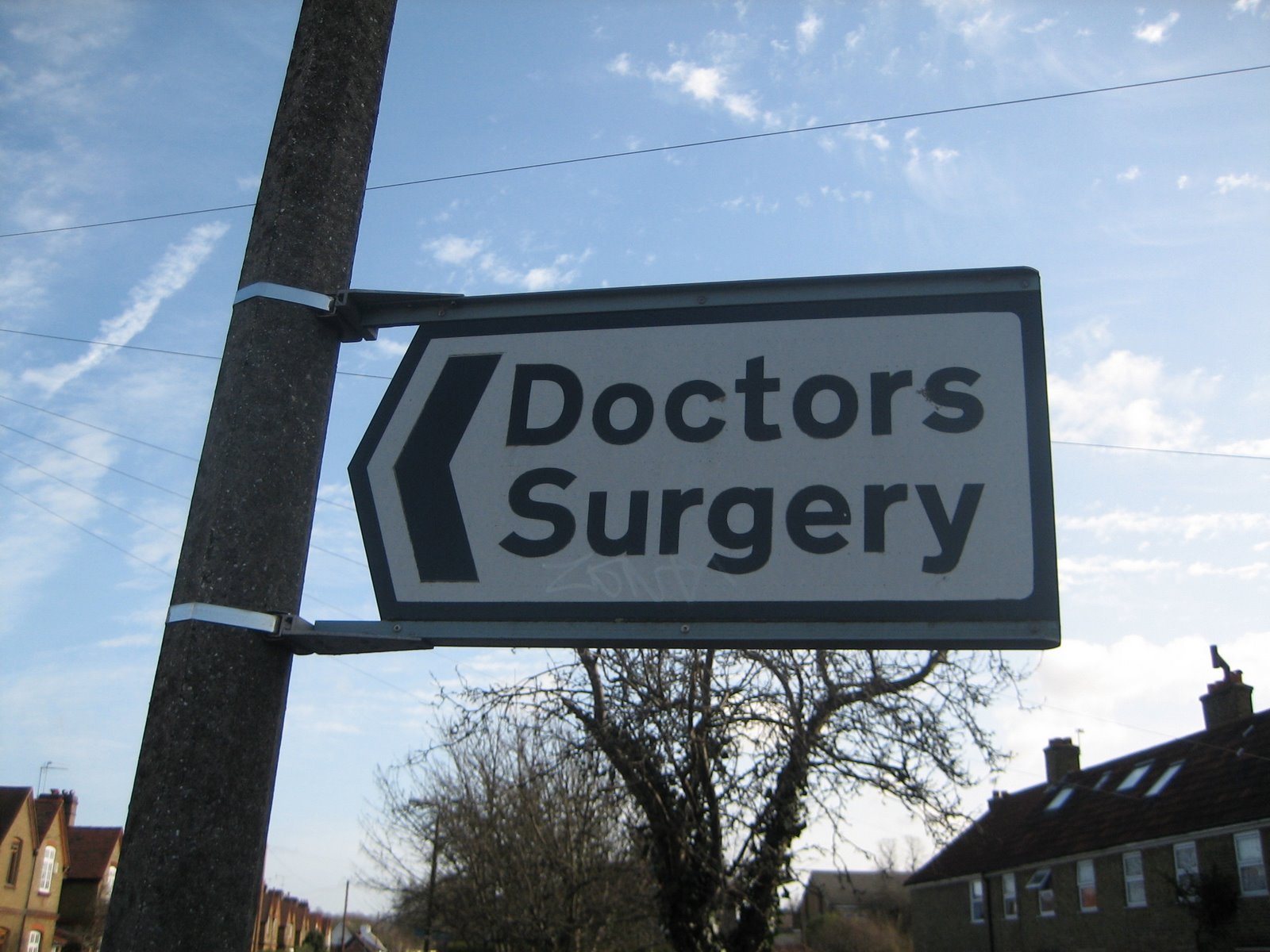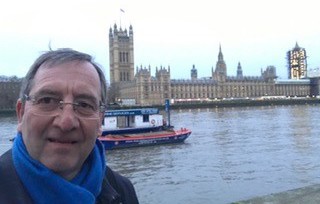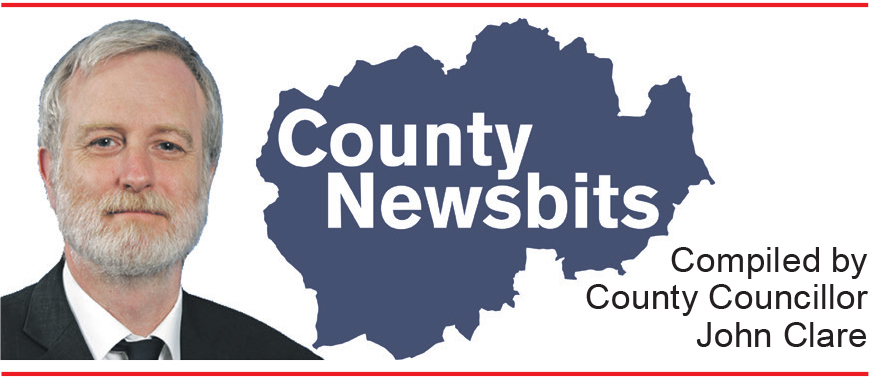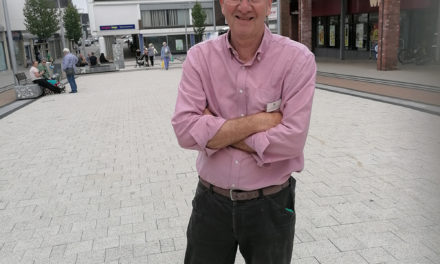As hospitals begin the resumption of outpatient services paused during the Covid-19 pandemic, County Durham and Darlington NHS Foundation Trust, is introducing video technology so that patients with a follow up or routine hospital appointment booked during the next six months, will instead be offered a video consultation which they can have from the comfort and safety of their own home.
Executive medical director, Jeremy Cundall, explains, “We’re undertaking a review of every patient due to attend an outpatient appointment with us during the next six months, whether at University Hospital of North Durham, Darlington Memorial Hospital, Bishop Auckland Hospital or one of our community hospitals.
“Where clinically appropriate, patients will be offered their appointment via video consultation, meaning they don’t have to come to hospital. The technology is very secure. Patients will be given a weblink which they can use on their own devise – phone, tablet, laptop etc. They’ll be greeted onscreen by a receptionist who will check their details – just as they would if they came to an outpatient department. The receptionist will then leave the consultation so the conversation with the clinician is as private, personal and professional as if they were in the same room. Patients who don’t have access to technology shouldn’t worry, there will be the option to go along to one of our sites, a community hospital for instance, where someone will help access their consultation using equipment provided by the Trust.
“Of course, clinicians will still need to see some patients face to face and newly referred patients will also be asked to come to clinic in person, but for many people there will be enormous benefits to having a video consultation – which is so much more convenient and even cheaper as there’s no journey to hospital, no need to find and pay for a parking space and no potential wait in a busy clinic. Clinicians won’t need to travel between sites as much meaning they can use that time to see more patients. Over time, this will reduce waits for an appointment. It will also help connect patients in our most remote and rural communities with clinicians. We recognise that not everyone is comfortable with technology and for those people there will still be the option for a face to face consultation.
“There’s immense potential in the technology and it’s important our community has the confidence this will be effective. A tele-stethoscope, for example, can be used by a cardiologist during a video consultation so if they have a patient referred with a murmur they can listen to them remotely and decide whether or not they need further investigation such as an echocardiogram.
“We’ll use the technology for a year initially and will be seeking patient feedback, however organisations already using it, such as NHS Scotland, believe that patients are happy with their consultations and the added benefit of convenience.”











